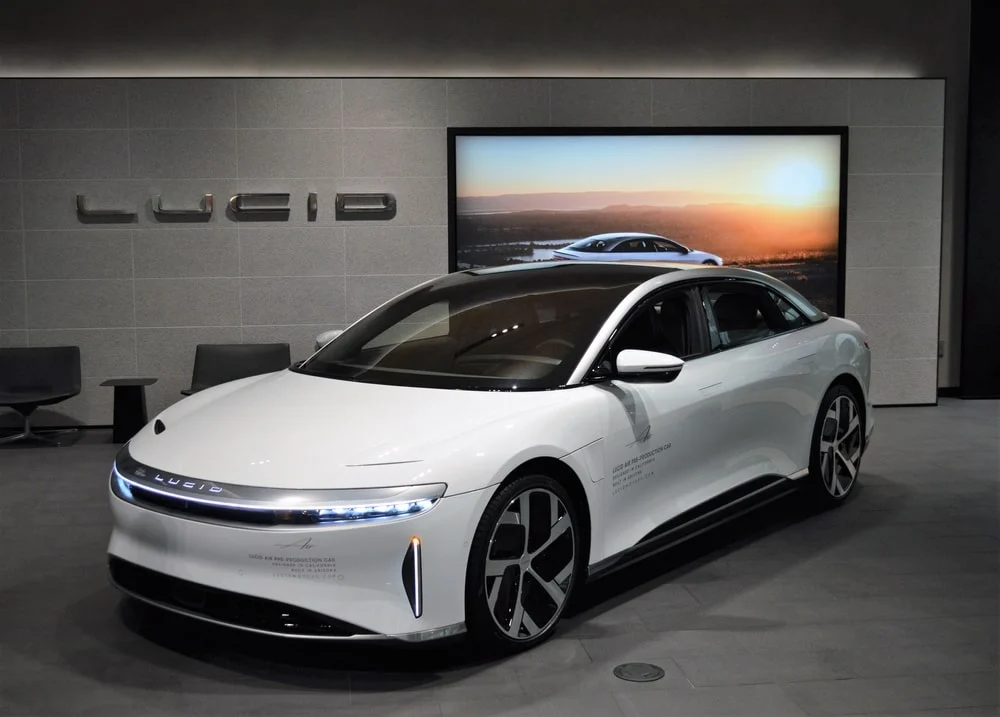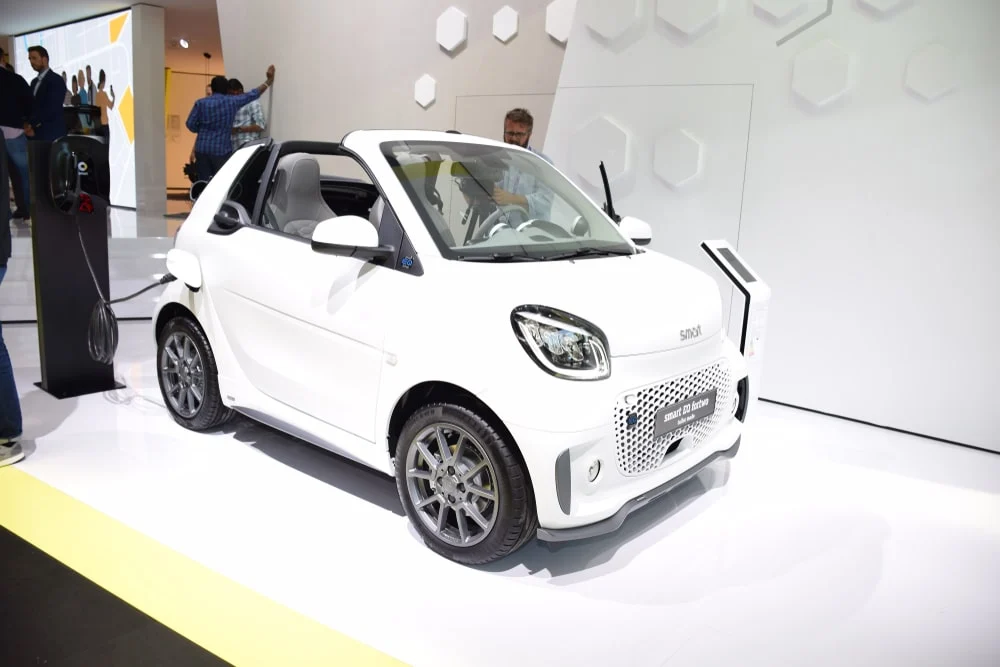Last updated on May 5, 2023 How far an electric vehicle (EV) can take you on a single charge depends on the vehicle you're driving. To give you a rough idea of the possibilities, we've gathered a brief overview of the maximum EV range in models available today. Disclaimer: These numbers are based on data available at the time of writing this blog. The shortest and longest EV ranges belong to the Smart Fortwo EQ and the Lucid Air Dream Range Edition respectively. The average is based on calculations by the Electric Vehicle Database. Switching to electric mobility is exciting, but one of the biggest concerns for potential EV drivers remains the fear of not being able to charge their car when needed. While understandable, this fear is often unfounded. Most drivers don't come close to exhausting their vehicle's range in a single day. For instance, the average American drives about 59.5 km (37 miles) a day, while Europeans typically drive less than half that distance. In this article, we'll explore everything you need to know about electric car range: which EV has the longest range, which one has the shortest, how much range you really need for your daily commute, and what factors can influence your EV's range. Table of Contents For detailed information on the maximum range of a specific vehicle and charging specifics, check out our EV database here. China Bulk Tools,Bulk Hammers,Bulk Allen Wrenches,Buying Tools In Bulk, we offered that you can trust. Welcome to do business with us. Bulk Tools,Bulk Hammers,Bulk Allen Wrenches,Buying Tools In Bulk KRONYO United Co., Ltd. , https://www.kronyotirerepairkit.comElectric Car Range
Shortest
Average
Longest
95 km (59 miles)
348 km (216 miles)
685 km (426 miles)
How far can an electric car go on one charge? [May 2023 updated]
```html
```







